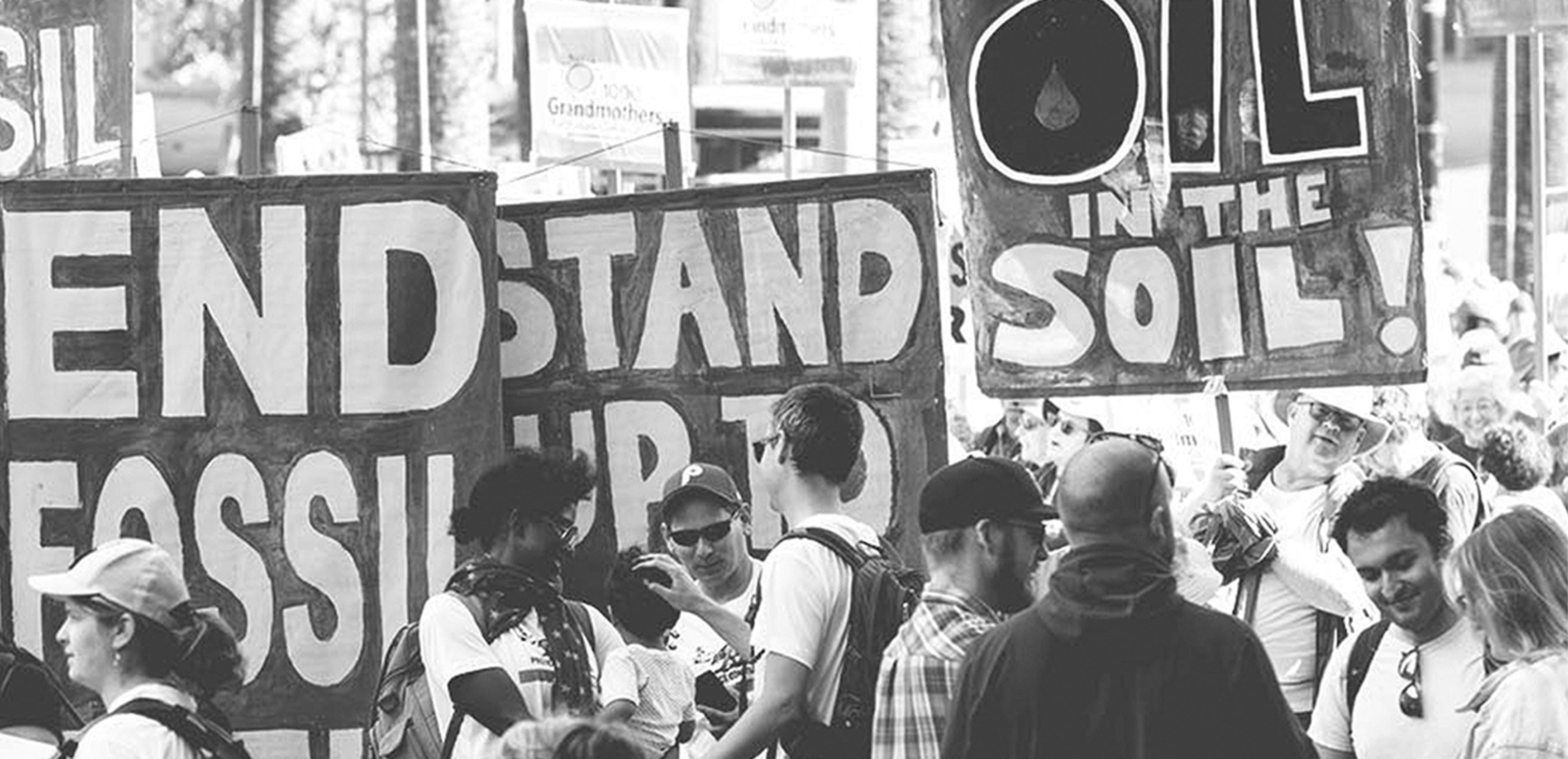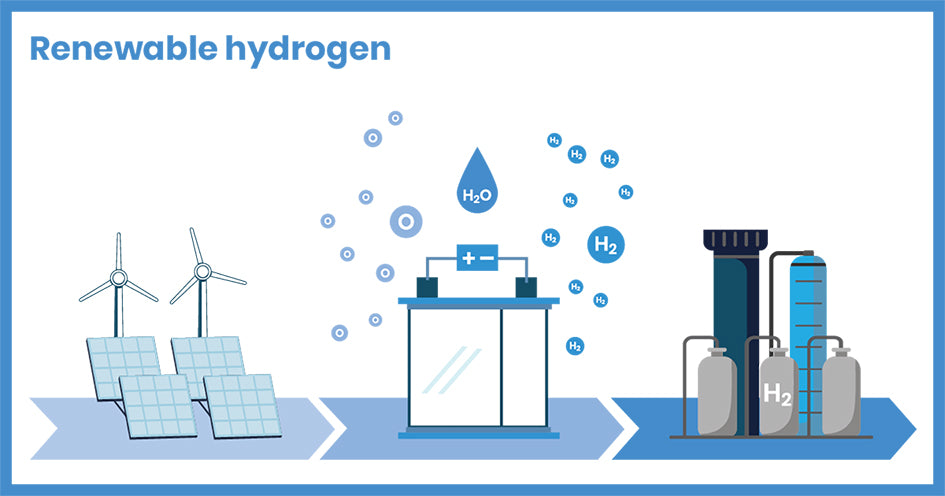
The low carbon transition: the need to change and the search of new ways by Marco Grasso
Published on 06/08/2021
We need to change; we tend to consider this recurrent claim as an injunction to transform our habits and comfortable lifestyles; ‘we need to change’ is a sort of wakeup call that reminds us that it is necessary to do what we have done up to now – methodically, persistently, and industriously – in a different way. We may think, for example, that due to the high blood pressure and cholesterol revealed by a routine blood test, we will be faced with definitive choices: to change in order to reduce the risks, or to continue in the same way accepting the risks and their consequences. There’s no shortcut: pledging that we will change and not actually doing it will not save us from the next blood test and, mostly, from the pathologies associated to what its result. We must decide. Practically, to change the current malfunctioning of our body, we must change our diet, exercise, quit smoking, relax; in other words, we must acquire new habits and transform the ones we can’t give up.

When we speak of transforming the way we produce our goods and services something similar happens; we must establish new relationships that allow us to continue our modes of production while excluding those arising from old thoughtless habits which have engendered harmful consequences. Society is not a human body and our biomedical metaphor applies only to a certain extent. However, the present situation forces us to reflect – more and more frequently and deeply – about how to radically change current socio-economic systems in order to avert the impeding global ecological crisis.
Among these unavoidable changes, the progressive abandonment of fossil fuels is certainly the most urgent. But it is hard to go on with our lives without relying on fossil fuels, very hard. Fossil fuels permeate our lives in endless ways. They are everywhere, in clothing, in furniture, in computers and smartphones, in toothpaste, lipstick, and medicines; they are the global economy’s primary energy and fuel source. Fossil fuels also lubricate the global supply chains that bring us the Earth’s bounty. Even one of the simplest consumer products imaginable, a mainstay of everyone’s wardrobe, from hipster Brooklynites to the most humble immigrant tomato-pickers in Southern Europe, a plain white cotton t-shirt, seemingly oil-free, is a masterful triumph of global cooperation and coordination. Cotton is planted, cultivated, and harvested in Mississippi with oil-based chemicals and machinery; then it is sent through oil-powered shipping vectors to spinning factories in Indonesia; the spooled yarn travels on oil-propelled vessels to garment factories in South Asia and Latin America. Finally, the global shipping industry that is the very foundation of the entire global consumer economy – it takes only fifteen super vessels powered by dirty high sulphur heavy fuel oil to emit as much sulphur as all the world’s cars and as much greenhouse gas as 760 million cars – brings the unassuming cotton t-shirt to a store near you.

The ubiquitousness of fossil fuels is exactly the point that takes us away from the human body metaphor. Phasing out and replacing them require research, tests, investments, calculations … and courage. Instead of establishing a new diet – which would lead us to recombine the usual foods – when it comes to fossil fuels it is a matter of looking for ‘new food’. And this, obviously, has consequences that reverberate all over our societies. Humanity must look to viable alternatives, to move towards the so-called low carbon transition, i.e. to the progressive elimination of carbon from human systems. This is possibly one of the most powerful narratives that underpin current thinking about the future of economies, societies, and the planet, one that requires a rapid and profound modification of collective and individual attitudes, behaviors, and values, and of norms, incentives, and policy, and where the roles and actions of multiple agents are central.
To increase the effectiveness of the low carbon transition, fossil fuels and their infrastructure need to be phased out in a short time span. This calls for ground-breaking, ambitious action able to profoundly re-shape our societies, actions which require boldness, but also care and attention. Such required actions will distribute the burdens and the benefits of the transition across peoples and generations, change habits, practices, and the way we build our personal and collective life. Generally, when we think about these transformative actions we look mainly at the small and big things that makes up our daily life; but we cannot forget that a just low carbon transition is mostly a problem that concerns large scales, where big industries cannot simply be compared with millions of small consumers. As a matter of facts, most of the energy currently produced worldwide is not used to move cars, heat/cool houses or light them, but rather to feed heavy industries, like the steel industry.
What are the alternatives that such industries will put in place to weaken their – already ethically and ecologically – dependence on fossil fuels? In a nutshell, is it possible for heavy industries to live on non-fossil energy sources?

These are the crucial questions that companies, researchers, international organizations, and national governments are seeking to address. The answer, as mentioned above, starts from the acknowledgment that we cannot continue doing what we have done so far in the same way; this acknowledgment, in fact, stimulates innovative, yet still controversial solutions. To highlight the main elements of this debate it is useful to focus on one of these proposals: the one concerning the low carbon transition of the Austrian steel industry. Research works suggest that the steel industry is still the world’s largest industrial source of carbon dioxide emissions, mainly due to the coal required to convert ore into molten iron. A report by the World Steel Association (WSA) shows that in recent decades global crude steel production has increased from 904 Mt in 2002 to 1559 Mt in 2012. According to the International Energy Agency the steel industry is currently responsible for around 7% of total global CO2 emissions and 25% of global industrial emissions, while the WSA estimates that global steel demand will rise by 5.8% in 2021 as economies recover from the COVID-19 pandemic.
Steel is indeed a key sector in the world economy, which consumes a lot of energy and produces many of the emissions that have changed our climate. At the same time the steel industry is crucial to our lives, being its product indispensable components of infrastructure, machinery, and endless different goods.

To escape this conundrum a group of scientists are planning to run the Austrian steel industry entirely on clean energy. The ongoing Horizon 2020 project H2Future has recently launched the world’s largest ‘green’ – i.e., produced exclusively through renewables – hydrogen production plant. Hydrogen can have various functions such as powering liquid rocket engines and most modes of transport. It is generally accepted that along with electricity, hydrogen will constitute a primary energy carrier upon which vehicles, buildings, aircraft will depend. The H2Future project has instead the goal of generating green hydrogen that is specifically intended for the steel industry. The Austrian hydrogen plant, located in the Voestalpine’s steel mill in Linz, is based on a polymer electrolyte membrane (PEM) electrolysis system and can generate up to 6 MW of power. The benefits of using this approach include low maintenance costs and needs, high-quality hydrogen produced with zero emissions and no additional chemicals that could endanger the system operators.
In sum, the Austrian vision demonstrates that greening large industries, such as steelmaking, is feasible and is a viable option in the near future. Indeed, this is an archetypical example of the much need actions of ingenuity and bravery that humanity needs if it wants to lessen and/or avoid the direst consequences of centuries of reckless behavior.

Marco Grasso is Professor of Economic and Political Geography at the Università of Milan-Bicocca. His research interests include international environmental policy and climate change governance. He currently works on a project on the role of the fossil fuel industry in climate change and the decarbonisation of energy systems.


